Fine dining all over the world has evolved to expertly prepared fresh, local dishes, but even then, you’re more likely to find some Asian, French or Italian influence on the menu. Seeing a predominantly African dish or even ingredient on such menus would be harder than finding a pin in a haystack, and the biggest institutions in the industry rarely feature dishes from the world’s second-most populous continent.

“I think this happens due to a lack of exposure to the diversity and potential of our local ingredients,” explains chef Moyo Odunfa, the brain behind Atije, an African-themed culinary ‘lab’. “In most culinary schools and chef training academies, the focus is on haute cuisine which is based on French cuisine. Even when cuisines of the world are studied, Africa is brushed over. Maybe one class making South African malva pudding, an ‘exotic’ fruit dessert, or chicken Muamba is enough to summarise the cuisine of the continent.”
“This gives professional chefs the perception that French cooking is the epitome of fine dining, and African cuisine does not really have a seat at the table, so it becomes difficult to apply their knowledge to local cuisine and ingredients.”
Up until April 2022, Moyo was sous chef at the Itan Test Kitchen, one of the very few African-themed, fine dining establishments in Lagos, Nigeria. Before this, she had studied culinary arts and international business at The Culinary Arts Academy of Switzerland, and did various internships at Rosewood Hotel, Abu Dhabi, Restaurant Hofke Van Bazel, Belgium and Restaurant Veranda, Belgium.
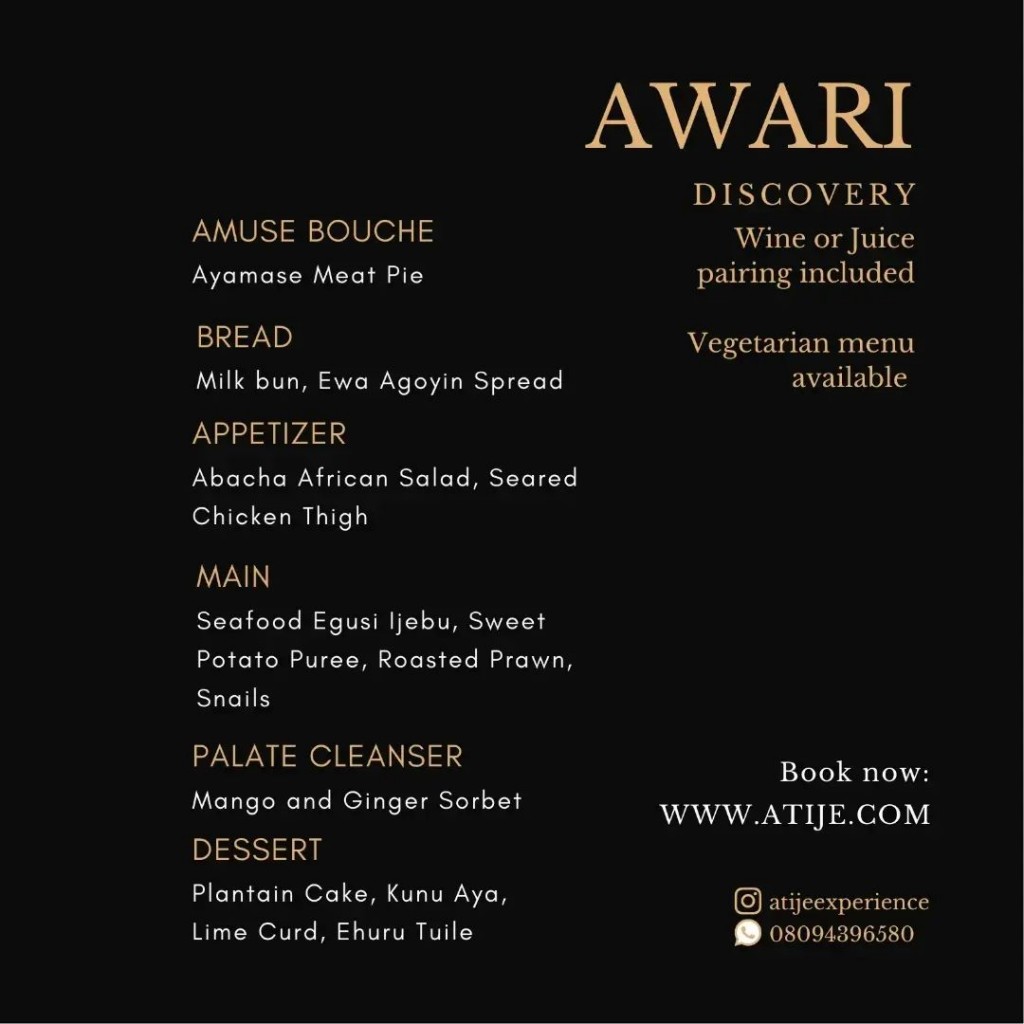
Usually, the expectation is that chefs with these kinds of qualifications and experience would move on to high-end establishments where the available menu is nothing like Ms Odunfa has been experimenting with since her graduation in 2020.
“ I am inspired by the beauty and bounty of Nigerian cuisine: by the spices, the mixtures, the herbs, the textures,” she says of her decision to work with local ingredients and dishes. “Our food is beautiful, complex, and under-explored. I love Nigerian food because it tells me a lot about who we are as Nigerians. It is as much of an artistic pursuit as it is an anthropological experience. We have so much to offer, so much untapped potential and if I can uncover just a tip of the iceberg, I would be grateful.”
Perhaps one of the reasons why so many chefs are not keen on working with our African cuisine is that we have not successfully found a way to make a lot of our ingredients available in and out of season, thus causing them to constantly change their menu. According to Moyo, this is not the case.
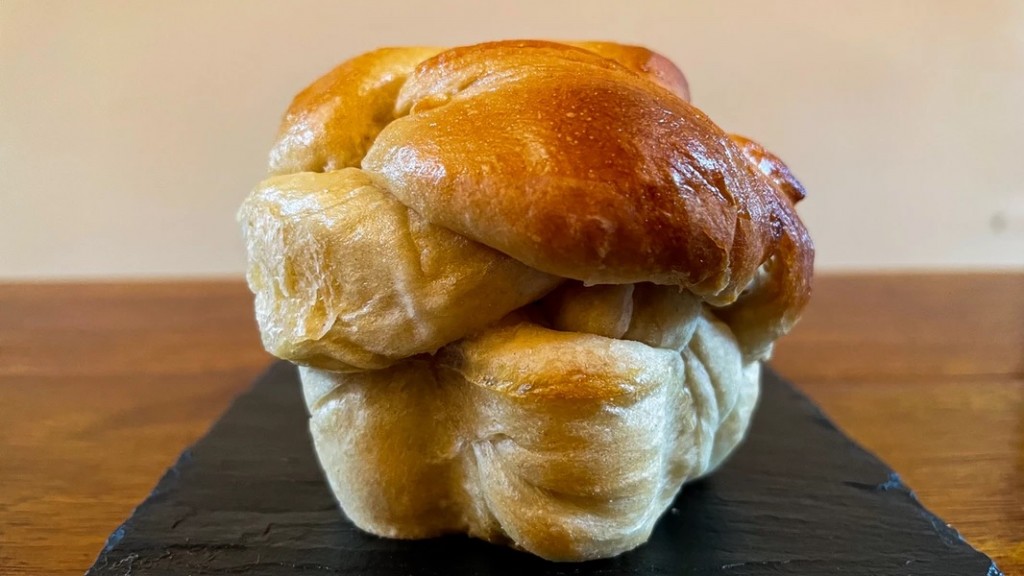
“I don’t think so. We are able to make crops available out of their season; however, it is done on a small scale. We have purveyors who provide locally grown frozen mangoes, passion fruit, strawberries and so on all year long. All over the world … seasonality is seen as a muse for chefs. Cooking with what is in season is a great way to cook sustainably and in sync with the environment. Foods are at their peak in terms of taste and nutrition when they are in season, and I think this is something chefs should leverage.”
“However, other food production issues like varying quality and availability of ingredients even when they are in season can be problematic, but these are issues we need to overcome in order to make our food systems more reliable.”
From May 13 to 15, chef Moyo hosted a small group of friends and guests to Awari, a 5-course culinary experience that was more of a journey of discovery into the true – and largely unexplored – versatility of our food. On the menu were our everyday dishes like egusi, abacha, kunu and even ewa agoyin, and as we sat down to follow Ms Odunfa on this culinary voyage, the silent question on everybody’s mind was, ‘what should we expect?’
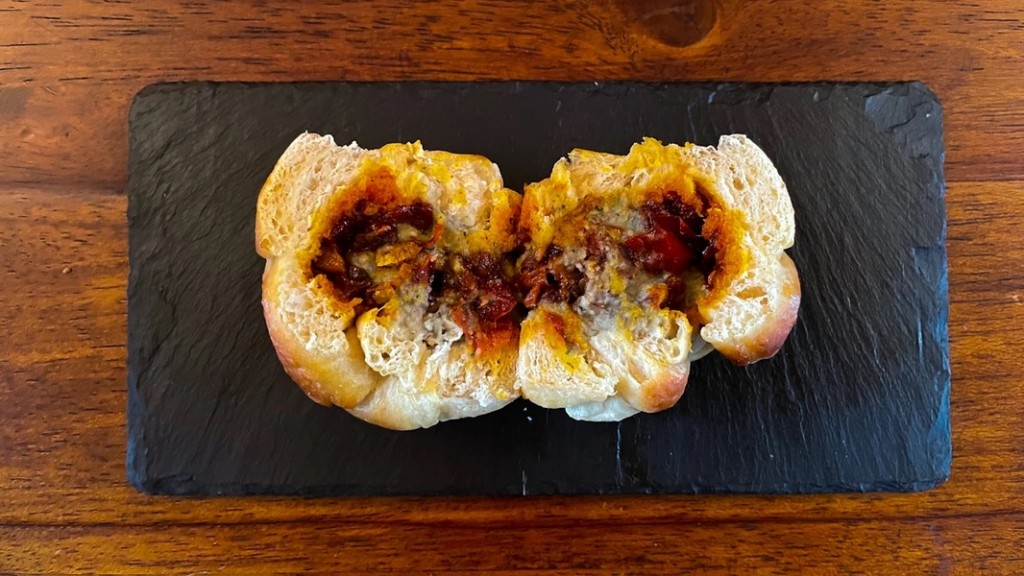
As each course was presented to us, followed by a brief explanation of the inspiration for its creation by the chef, nothing in our wildest imagination prepared us for what we got.
There was the familiar Abacha, but rather than the usual paste of potash and palm oil; the traditional garnish of stockfish, vegetable leaves and crayfish, Chef Moyo managed to mix sweet corn, seared chicken thighs, carrots, pepper and plantain chips to give us a dish quite unlike anything of the same name we had ever tasted.
Then there was the main, which frankly, was everyone’s favourite. (In chef Moyo’s words: “I think the most loved dish was the egusi Ijebu. People who did not like egusi beforehand testified to loving the dish and that made me happy!”) Never before have I tasted Egusi so sweet and spicy, deftly flavoured with uziza (west African black pepper) and served with sweet potato puree, prawns and the softest snail.
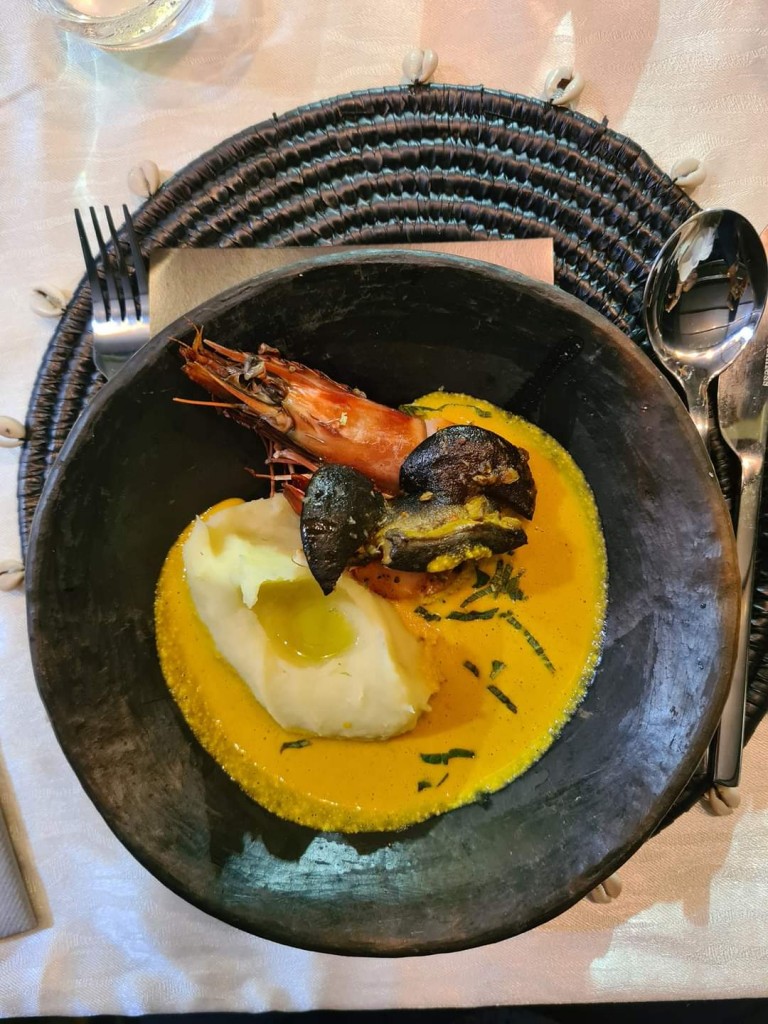
People are generally very protective of traditional dishes, and Nigerians are no different – if in doubt, check out the jollof rice wars on social media. The average Nigerian may consider it almost sacrilegious to merge sweet potato and egusi together; that is until they taste Chef Moyo’s dish. Apparently, our egusi, like several other Nigerian foods, has been unfairly restricted all these years when it could have been so much more.
As stated earlier, the fine dining industry is changing, growing every day to accept largely-ignored dishes. In Nigeria and all over the African continent, it appears that this growth started, but slowly. Ms Odunfa is hoping this changes soon.
“I would like to see [more foreign-trained chefs] be more accepting of using local ingredients. We cannot be inspired by the same things, but we can always create beautiful things through what is available to us. In using local ingredients, we are creating the demand that might just be able to bolster the food production industry.”
“People have been quite accepting, especially after tasting [the dishes]. Beforehand though, [they] can be sceptical. Some Nigerians do not understand the point of trying out different interpretations of our dishes- and some foreigners do not think our food can taste as good as it does, but most people change their mind after they taste it.”
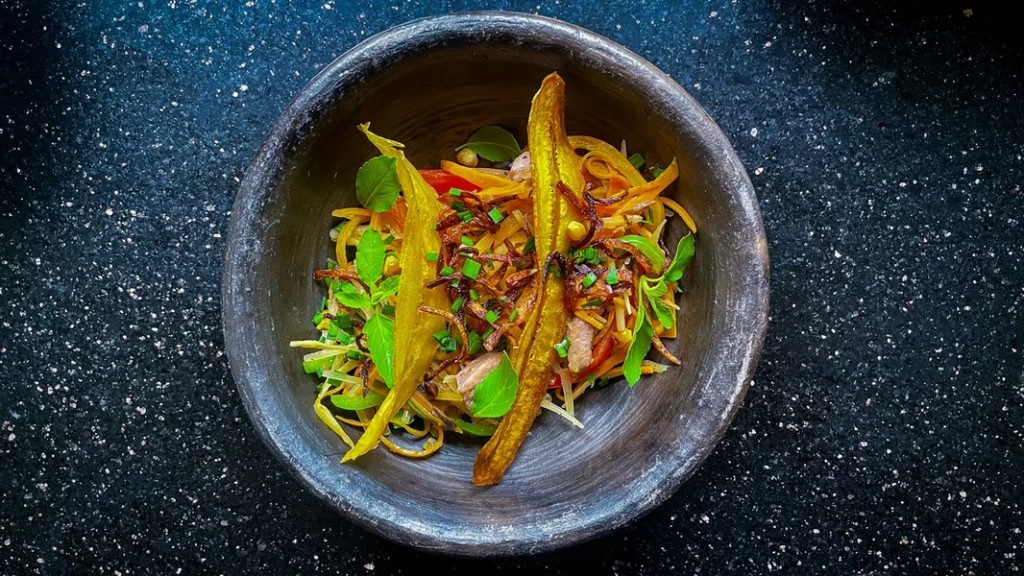
She makes a different case for wider adoption of our food in the fine dining scene. As she explains, they bear quite the resemblance with other widely celebrated cuisines from other continents, like “the food of the Caribbean and South America. Dishes like Acaraje from Bahia in Brazil find their root in Nigerian Akara and our Puff-puff is an ancestor of the famous Louisiana Beignet. Rice dishes, okro dishes and maize dishes across the South of the USA are also very similar in taste and constitution to our Jollof rice, seafood okra and the likes.”
“[Another similar, yet not-so-known cuisine our foods bear some resemblance to] is Sri Lankan cuisine. The use of ingredients such as plantain, mangoes, etc, and the general hearty nature of the cuisine is very nostalgic and reminds of food from home. [What we really need to do to put our dishes on a global stage and make them more ubiquitous] is an understanding, appreciation, and celebration of our food culture. Also, giving ourselves the opportunity to explore outside the existing boundaries of our cuisine can lead to creative successes that push the beauty of our food further”
Chef Moyo, who admits that her favourite cuisine to cook and eat is the Nigerian cuisine, hopes that fine dining establishments in the country include African dishes more on their menu while focusing more on the food. “Fine dining is more than just food, it’s a holistic experience, but sometimes we focus so much more on the ambience and entertainment than the actual food. I think this needs to change. At the heart of a restaurant experience is the food and of course, the level of service.”
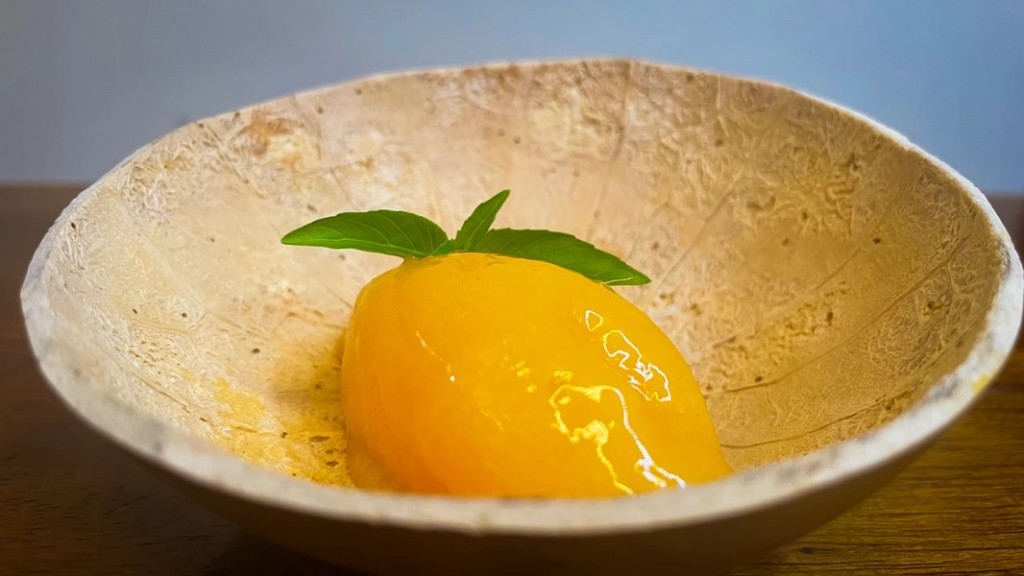
At Awari, the two – great food and exceptional service – came together quite beautifully. However, what was most remarkable was the fact that the highlight of the experience, the dishes, were not the usual ones we had come to associate with fine dining. Chef Moyo has proven, through Awari, that our African cuisine is just as excellent as any other cuisine from all over the world. Hopefully, more chefs will tow this path and, just like our music, create dishes that are appreciated beyond the continent.
